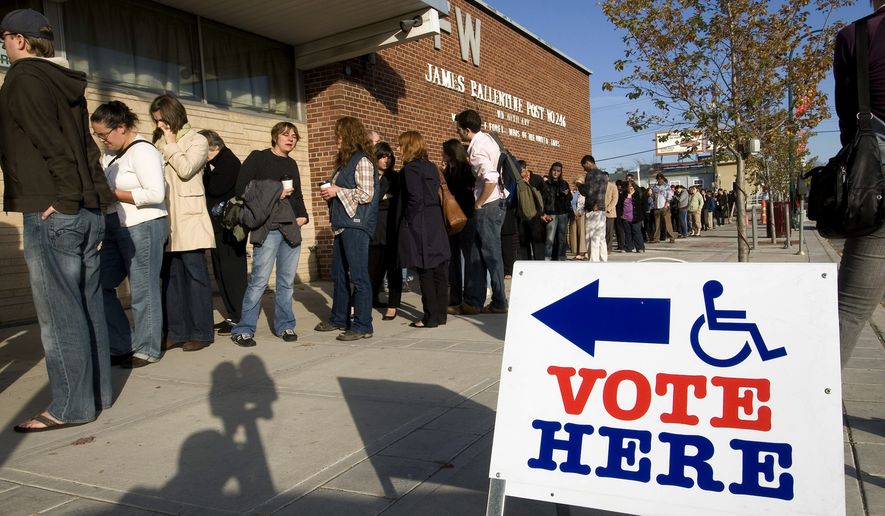
Only 28 percent of young adults ages 18-29 say they are “absolutely certain” of voting in the 2018 midterm elections, according to a new survey.
The Public Religion Research Institute (PPRI) and The Atlantic found that 74 percent of seniors said they are “absolutely certain” about voting in the midterm elections, which they describe as a “massive” generational gap in voting intent.
The survey results come amid young voters distancing themselves from the Democratic party, as a Reuters poll found that 46 percent of voters ages 18-34 prefer Democrats over Republicans, versus about 55 percent in 2016.
According to the poll, young adults are less likely than seniors to be consistent voters, as only 15 percent of young adults say that they consistently vote.
Additionally, half of Americans are “absolutely certain” about voting in the midterm elections, which is about the same compared to the 2014 midterm elections.
With this in mind, only 28 percent of young adults have a favorable view of President Donald Trump, versus 53 percent of seniors who view the president favorably.
Young adults like David Hogg, a Marjory Stoneman Douglas student, have been leading the effort to get the younger generation to vote. Mr. Hogg says that the only way that gun reform can be accomplished is if all lawmakers affiliated with the National Rifle Association are voted out.
Mr. Hogg partnered with HeadCount, an organization which has registered almost half a million voters since 2004, in an effort to help High Schooler’s register to vote.
Even with the increased voter registration efforts by people like Mr. Hogg, Don Haider-Markel, chair of the political science department at The University of Kansas, said that he does not believe this will translate to a massive youth vote, as they are not “especially motivated” to vote in a midterm election.
“Historically even in presidential elections [young voters] is not a reliable group,” said Mr. Markel. “But most election cycles, that’s the group least likely to turn out.”Mr. Markel said that Americans should question the PPRI poll, since we are still months away from midterm elections, and says he’d be interested to see what these numbers look like in September.Even though Mr. Markel says that it may be too early to determine the participation of young adults in the midterm elections, he says that there will be a sizable gap between young voters and older voters. ...

